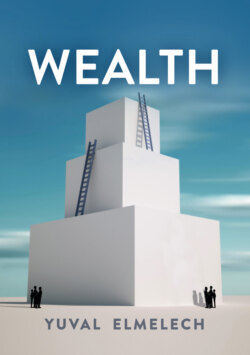Читать книгу Wealth - Yuval Elmelech - Страница 38
Macro-level context: The “period” effect
ОглавлениеIn addition to micro-level processes, which occur during the life course, and meso-level processes, which are based on social group membership and interaction effects, changes in the distribution of wealth and in opportunities for mobility are also subject to a third, macro-level layer of demographic, economic, and social processes that affect all members of society. In his study on historical trends in inequality throughout human history, historian Walter Scheidel (2017: 6) concludes that stability usually coincides with growing inequality and that the most effective long-term leveling of inequality has been a product of the “four horsemen”: mass mobilization warfare, transformative revolutions, state collapse, and lethal pandemics.
The notion of macro-level shocks as the big equalizer does not nullify the micro- and meso-level CA/D processes just discussed. Macro-level trends often interact with the meso-level context of group membership in ways that exacerbate or mitigate CA/D processes. Because the effect of macro-level events on individual households is mediated by the particular experiences of the demographic and social groups that households are affiliated with, it is possible that wealth inequality in the general population will decline but that disparities between and within sub-populations will continue to rise. It has also been shown that external shocks can have a substantial impact on members of a particular economic class while tending to spare others. The next chapter explores the macro-level economic and social processes that have contributed to the changing wealth landscape since the early twentieth century. A special emphasis will be placed on large-scale institutional and economic transformations and on changing demographic structures.
